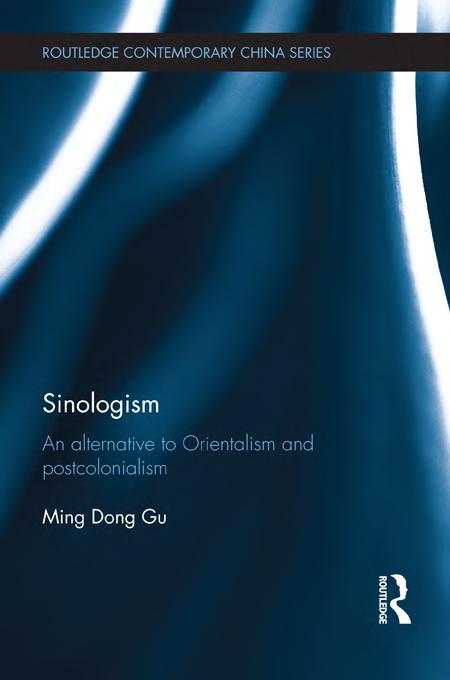

Most ebook files are in PDF format, so you can easily read them using various software such as Foxit Reader or directly on the Google Chrome browser.
Some ebook files are released by publishers in other formats such as .awz, .mobi, .epub, .fb2, etc. You may need to install specific software to read these formats on mobile/PC, such as Calibre.
Please read the tutorial at this link: https://ebookbell.com/faq
We offer FREE conversion to the popular formats you request; however, this may take some time. Therefore, right after payment, please email us, and we will try to provide the service as quickly as possible.
For some exceptional file formats or broken links (if any), please refrain from opening any disputes. Instead, email us first, and we will try to assist within a maximum of 6 hours.
EbookBell Team

0.0
0 reviewsWhy, for centuries, have the West and the world continuously produced China knowledge that deviates from Chinese realities? Why, since the mid-nineteenth century, have Chinese intellectuals oscillated between commendation and condemnation of their own culture, and between fetishization and demonization of all things Western? And why have some of the world’s wisest thinkers expressed opinions on Chinese culture, which are simply wrong?
In order to answer these questions, this book explores the process of knowledge production about China and the Chinese civilization and in turn, provides a critique of the ways in which this knowledge is formed. Ming Dong Gu argues that the misperceptions and misinterpretations surrounding China and the Chinese civilisation do not simply come from misinformation, biases, prejudices, or political interference, but follow certain taken-for-granted principles that have evolved into a cultural unconscious. Indeed, Gu argues that the conflicting accounts in China-West studies are the inevitable outcome of this cultural unconscious which constitutes the inner logic of a comprehensive knowledge system which he terms ‘Sinologism’. This book explores Sinologism’s origin, development, characteristics, and inner logic, and critiques its manifestations in the writings of Chinese, Western, and non-Western thinkers and scholars, including Montesquieu, Herder, Hegel, Marx, Weber, Russell, Pound, Wang Guowei, Guo Moruo, Gu Jiegang, Wen Yiduo, and many others in diverse disciplines from arts and humanities to social sciences. In doing so, Gu demonstrates why the existing critical models are inadequate for Chinese materials and makes an attempt to construct an alternative theory to Orientalism and postcolonialism for China-West studies and cross-cultural studies.
Sinologismcrosses over the subjects of history, thought, literature, language, art, archaeology, religion, aesthetics and cultural theory, and will appeal to students and scholars of East-West studies with a particular focus on China, as well as those interested in cultural theory more broadly.